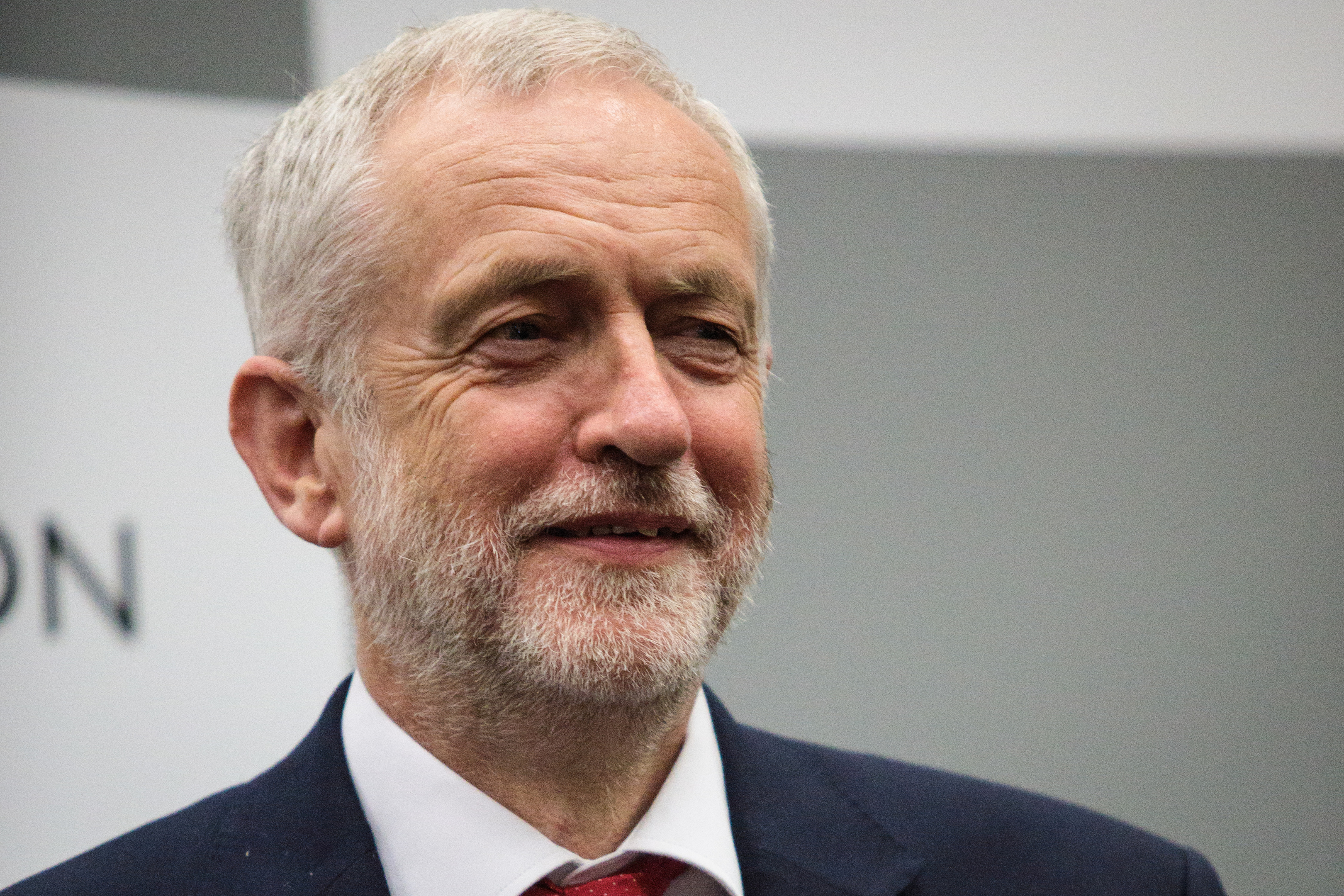The latest act of self-indulgence by what will go down in history as the most self-indulgent of all parliaments came on Monday evening, when Jeremy Corbyn decided, after much dithering, to call a vote of no confidence in the Prime Minister.
Why make such a move now, and why aim it at Theresa May and not her government, are two questions perhaps only the Labour leader can answer. His explanation that ‘she achieved nothing in Brussels’ is limp even by his standards.
Also, a vote of no confidence in the government would, if carried, trigger a general election, whereas voting just on the PM’s performance is a cowardly cop-out by Corbyn, still hedging his bets even as the stakes get higher.
But while he has mishandled the whole Brexit saga so ineptly that Labour is, incredibly, trailing the Conservatives in the latest (YouGov) opinion poll, it is the Tories who have behaved the most despicably.
The extreme factions on either side of the party would clearly rather see their government brought down than support a compromise of any description.
May knows where she stands. So when she should have called her ‘meaningful vote’ in the Commons last week, she was so convinced of defeat that she postponed it, ill-advisedly, in the hope of extracting a few further concessions from EU bosses.
We all watched what happened when she made yet another trip across the Channel, but although the Europeans were not in a giving mood, their chief, Donald Tusk, was correct when he said she had been treated with more respect by them than by her own MPs.
Historians will surely judge this group of parliamentarians the most conspicuously selfish we have ever seen.
Infighting over Europe has long torn the Tories apart, and of course it was this that persuaded David Cameron to set the referendum in train, that cost him his job, and ultimately left May manoeuvring for the poisoned chalice.
The country voted to exit the EU but it was hardly a landslide. Driving the best deal with the EU on this basis was never going to be easy; a package that pleased the Leavers would displease the Remainers, and vice versa.
Navigating a pragmatic middle way through the Brexit minefield – which both honoured the Leavers’ victory while allaying the worst of the Remainers’ fears – was therefore something of a triumph for May.
But addressing the toughest peacetime challenge faced by any premier has been a thankless effort.
Among her own ranks, she has been assailed on the hard right by the European Reform Group, that unrepresentative cohort led by old Etonians, putting personal agendas before parliamentary duty.
On the other side, a cross-party cabal of ultra Remainers has undermined May at every step of the negotiating process.
The vast majority of the British electorate will have looked on in dismay as metropolitan Remainers marched through London a couple of months ago demanding a new vote on the EU because they didn’t care for the result of the last one.
Now, it is one thing for hordes of politically naïve liberals to try to upend our democracy, but quite another for a former British prime minister to do so. Enter Tony Blair, having finally taken leave of his senses.
May was spot on when she blasted Blair’s advocacy of a second referendum as ‘an insult to the office he once held and the people he once served’.
Imagine if this had happened on his watch, and what his reaction would have been had, say, John Major nipped in ahead of him at some crucial international talks to pursue a private crusade?
The role played by the Scottish Nationalists is a side show in comparison to the above, though no less ignoble for that. Nicola Sturgeon and her Westminster poodle, Ian Blackford, have tried, desperately and unsuccessfully, to harness the Brexit shambles for their independence ambitions.
But Nationalists putting their interests before the nation’s is par for the course. What we’ve witnessed over the past few months in London is more shaming.
Parliament has played a game to the death, in which what’s good for Britain has been forfeited. From a spectator’s point of view, Theresa May looks like the only participant who has put the people before self-promotion. I hope she survives to win the day.










